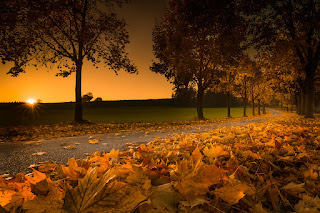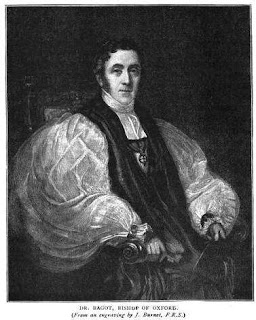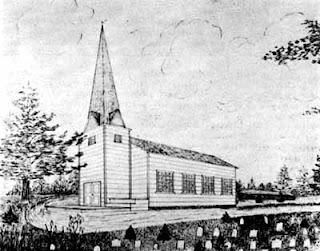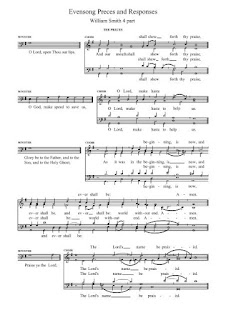Reclaiming the spooky and eerie on All Hallows' Eve

After responding rather critically to the CofE Twitter account stating that "many churches ... will be hosting 'light parties' as an alternative to Halloween parties", I was asked to write a short article on why the Church should reclaim the spooky and eerie character of All Hallows' Eve. ------ Perhaps it is because I love the season of Autumn that I particularly enjoy All Hallow's Eve. It is a time of Autumnal festivity: the pumpkins, the apples, the nuts are reminders of the bounty of this season. Harvest Thanksgiving, however, is now past. The glow of early Autumn has gone and while Winter has not yet arrived, we feel its approach. The days darken, the trees have lost their leaves, and the mornings are colder. It seems natural in such a time, when the bare branches of trees are illumined by the late afternoon sunset or by moonlight on a quiet evening, that spooky stories should accompany the pumpkins and apples. Stories that make us wonder as we pass...















